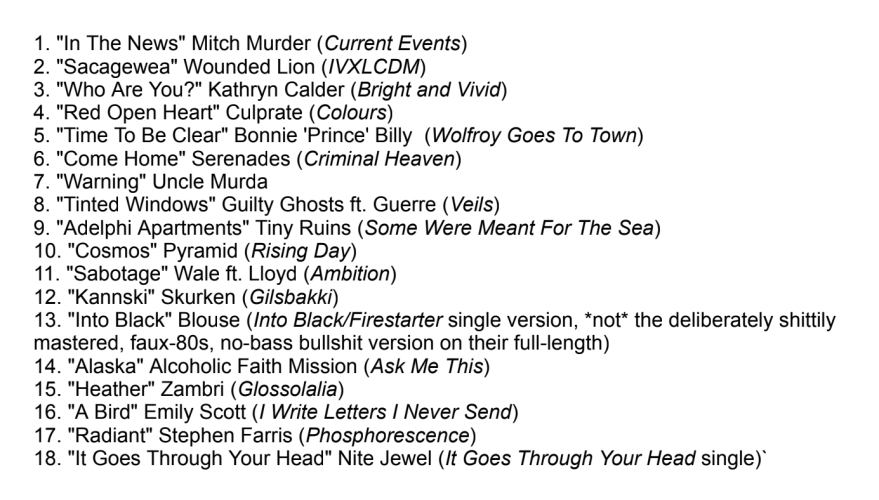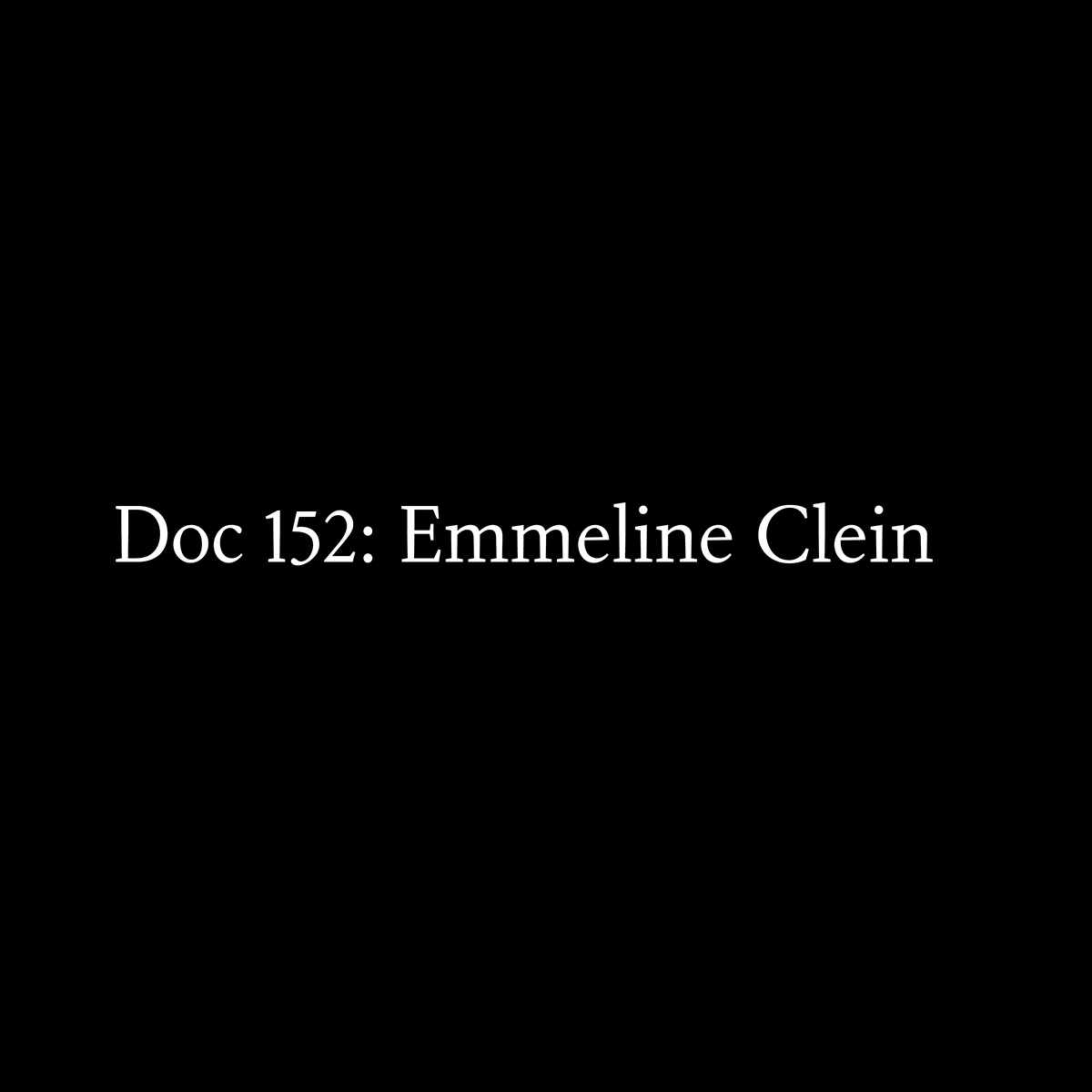
Around 1998, my parents accepted that we might need to buy a computer slightly more modern than the Apple IIs decommissioned from my dad’s medical office. Our new purchase came with a recommendation from our teenaged Best Buy salesman that I get on Napster—good advice enabled by the lack of strict corporate supervision at the time. But this would not be my first foray into musical piracy, which began with a download of Wendy Carlos’s Tron soundtrack from some kind of Angelfire graveyard of a film fan site. For whatever reason, 12-year-old me was obsessed with this score after having heard it on vinyl while sitting in a library listening booth at the university where my mom taught. The soundtrack had, at that time, never been issued on CD, and LPs were unable to be borrowed, taken home, and recorded to tape. Scratchy mp3s—presumably recorded straight from a record with a crappy mic—downloaded one at a time over a 56K connection would have to do.
Such seemingly-archaic practices have yielded inadvertent archiving effects. In the mid-aughts, an annual musical highlight was receiving a year-end “best-of” mix, lovingly burned to two or three CD-Rs, and generously mailed to a select few by music critic Noel Murray. I took up this practice from 2005-2011, which has yielded retroactive rewards. Having never backed-up my own mixes, let alone playlists, I figured these mixes were lost to time until I thought to ask an ex-girlfriend if she still had them. A few weeks later, to both of our surprise (neither of us is a digital pack-rat), she located and sent over a full archive of the mixes, complete with my poorly written, plain-text file liner notes.
Two tracks stand out from this recovered batch—one where, in retrospect, I chose wisely; the other not so much.
Included on my 2011 compilation’s “fifth disk” is the song “A Bird”, an austere selection from Emily Scott’s I Write Letters I Never Send. Reading now from what little online profile survives of the album, I see that Scott’s big concept was to back her ukulele with a string quartet. This particular album can’t be found anywhere online; a later one from 2014 survives on her Bandcamp, and some stray singles and an EP are on Apple Music, but her website proper looks long dead, and I Write Letters I Never Send was never popular enough for anyone to pirate specific tracks and leave them on YouTube. My mistake, then, was choosing an elegiac, quite lovely deep cut over the “too obvious” selection, i.e., the album’s lead single “If I Am a Thing.” That was a beautiful song, one I can hear in my head even a decade-plus later—but that’s probably the only way I’ll ever rehear and distort it. Wherever Emily Scott is now (and I hope she’s well and at peace with whatever music she has, intentionally or not, thrown into the digital void), that song feels lost to time.
At the end of the 2011 compilation’s “first disk” is Steven Drozd’s soundtrack for the documentary The Heart is a Drum Machine. My liner notes—maybe a little too critical, but essentially accurate—read “The Flaming Lips’ most valuable aspect recreates the sounds of The Soft Bulletin minus vocals.” The multi-instrumentalist is, by all accounts, the musical core of the Lips (asked to name their biggest asset in the documentary The Fearless Freaks, Butthole Surfers singer Gibby Haynes immediately replies “Steven”). At the time, I was a big fan of the Lips, so looking into his side project was a given. This side project does partially survive online, in the form of multiple YouTube uploads of the soundtrack’s cover of Elton John’s “Rocket Man,” with vocals from Tool’s James Maynard Keene. Because I was raised in a very isolated way, I was unfamiliar with Elton John’s megahit; for years, this Drozd cover was, weirdly enough, my only exposure to the song. It is, indeed, very lovely—a best-case cover version—and it’s clear that enough people agree with me to rehouse it online. But the rest of the soundtrack seems to be missing from the web and I’m delighted that I have, back in my possession, a listenable file of its other highlight, “Get On,” which I would describe as essentially Krautrock-lite-via-Drozd with ringing sustained organ chords and an aspiration ally cosmic upward swell. I didn’t plan to act as an archivist, but I still send the file to people from time to time, extending the lifeline of a song that has otherwise disappeared.
Vadim Rizov is a writer living in Brooklyn and director of editorial operation at Filmmaker Magazine. His work has appeared in frieze, Film Comment, Salon, Sight & Sound, Variety, and elsewhere.

